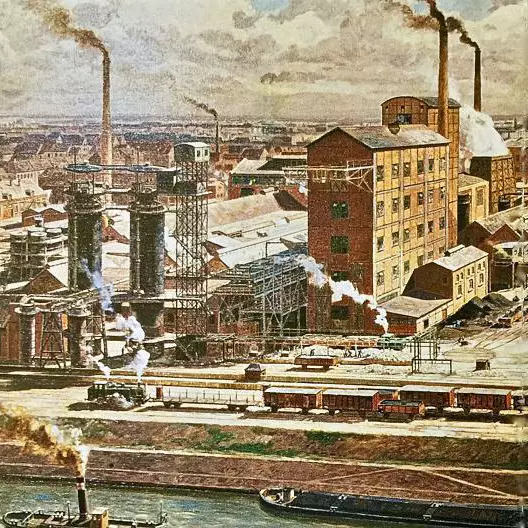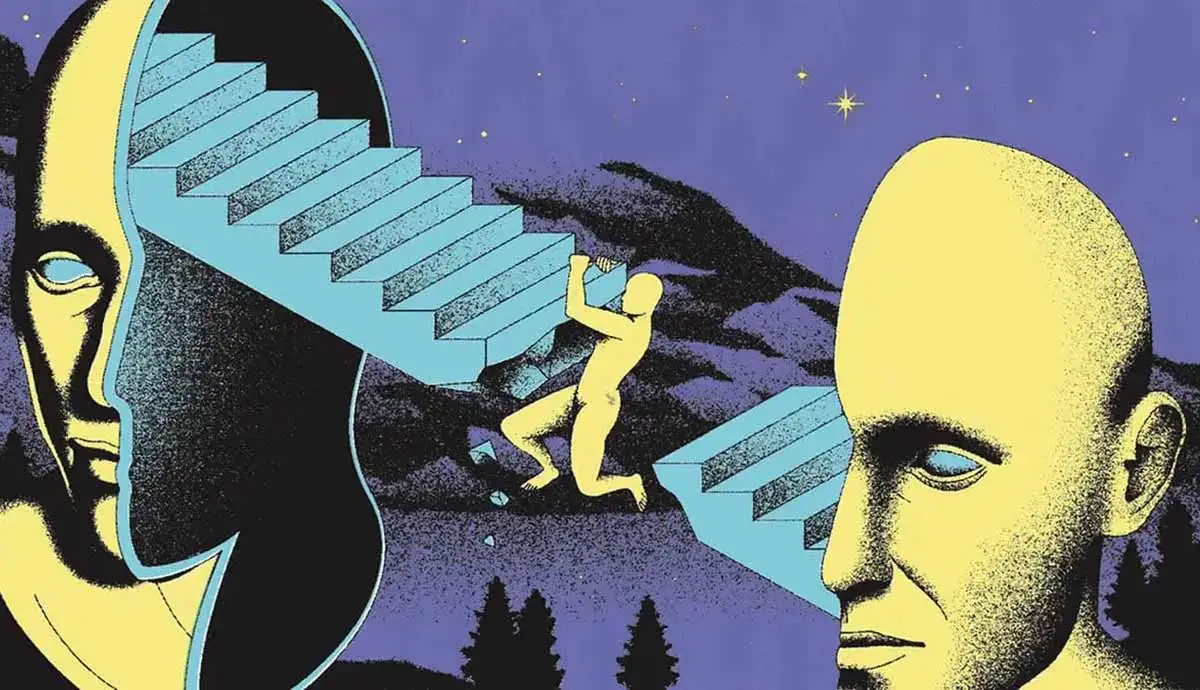<< Hide Menu
9.15 Continuity and Change in the 20th and 21st Centuries
3 min read•june 18, 2024
Sharii Liang
Isabela Padilha
Sharii Liang
Isabela Padilha
The Effects of War
As countries struggled to deal with the catastrophic effects of war, their citizens continued to depend on social welfare. However, when they could not recover alone, nations put aside their nationalistic tendencies to help one another. Their attempts to help one another catalyzed a transition towards a unified European identity, something that was idolized since Medieval times.
But, on the other hand, the war left a deep ideology crisis across Europe. The fight against fascism and other extremist ideals in World War II caused a conflict between democracy and communism.
As nations grew more nationalistic, and experienced a great change in demographics through immigration, great separatism and discrimination also began to take place. This polarized the entire world and it aggravated the state of the Cold War (read more about it in the following section).
Government Attempts at Stability
As governments attempted to return to normalcy, two options were presented to them. The newly thought of communism had led to a divide in Europe with Eastern Europe following the Soviet Union’s footsteps. As Western Europe thrived under capitalism and democracy, the Soviet Union was riddled with unrest and a weakening economy.
These differing ideologies on governing people led to an indirect war between two global superpowers. The war risked total annihilation of the world and distracted from ethnic atrocities in other parts of the world. The war also occupied imperial powers and led to the eventual decolonization of the world.

An Ever-Changing Society
As technology and science improved, people's daily lives improved as well. The availability of technology allowed society to connect to one another across the seas and import cultures into different places. As globalization increased 🌎 European nations went through a lot of changes, including:
- Economic growth - Through the advancements on transportation technology, the trade industry became more prominent during the 20th Century. In addition, a more interconnected world allowed for European countries to have access to certain resources they had lost access to through decolonization, leading to an increase in economic activity and industrialization.
- Increased inequality - Globalization also generated inequality, as the increase in wealth and access to technology did not occur equally. Several minority groups across Europe were left out of the benefits of an economic development. But, Europe did see an increase in its standard of living, which also increased its influx of immigrants.
- Environmental impact - Globalization and the rapid economic development that occurred in the 20th Century came with a cost to the environment. For this reason, several Green Parties across Europe began to advocate against the globalization process, as it was deemed to be detrimental to the environment.
During this period, multiple movements fought for equality or greater rights. They were met with varying amounts of opposition and support. The access of women to birth control, for example, is still considered a controversial subject today. Ultimately, nationalism was an important factor in fueling ethnic or national conflicts and generating parties that have a xenophobic rhetoric.
Societal Perspective
A transformation in the everyday life of Europeans also changed the political, intellectual, and social discourse. The permeating sense of anxiety that was left through the world wars affected people's understanding of self. In the 20th Century, Existentialism and Postmodernism emerged, and proposed a way of thinking that completely diverged from European's historical reliance on the Catholic Church dogmas.


© 2024 Fiveable Inc. All rights reserved.